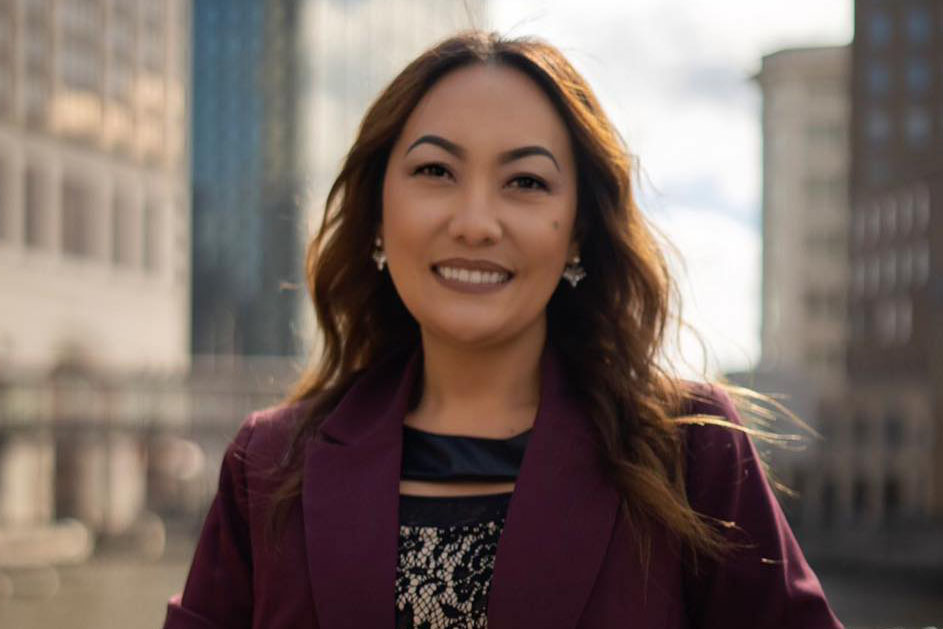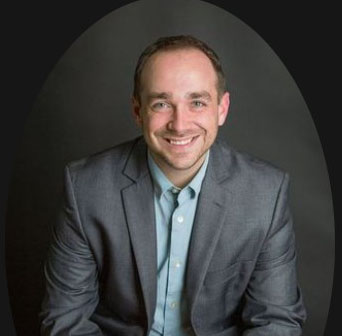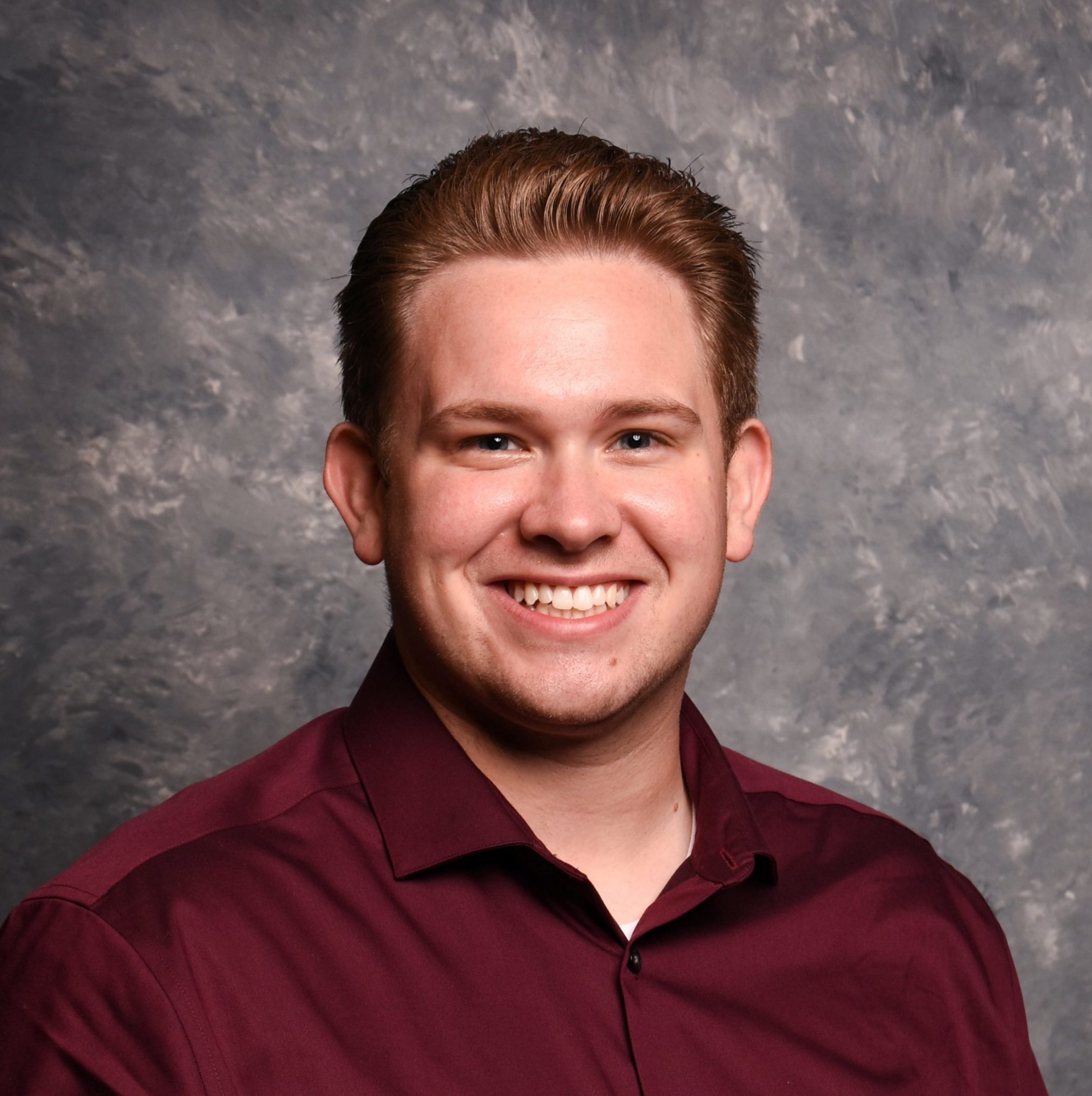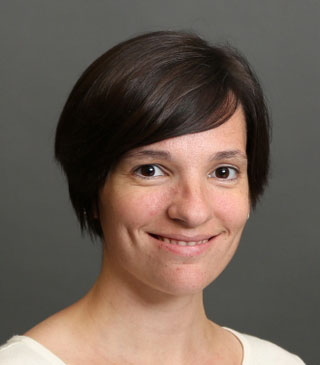Attorneys work to give Dassey hope of life outside prison
By: Michaela Paukner, [email protected]//October 30, 2019//
Attorneys work to give Dassey hope of life outside prison
By: Michaela Paukner, [email protected]//October 30, 2019//
Brendan Dassey’s legal team is advocating for what they are calling Dassey’s best chance at a life outside prison.
Laura Nirider and Steve Drizin, directors of the Center on Wrongful Convictions at Northwestern Pritzker School of Law, and Seth Waxman, former U.S. solicitor general, filed a petition for clemency on Oct. 3.
Dassey, a subject of the Netflix series “Making a Murderer”, confessed that he and his uncle, Steven Avery, raped and murdered the photographer Teresa Halbach in Manitowoc County in 2005. Dassey was then 16 years old. He and Avery were convicted in 2007 and have been serving out life sentences since.
Dassey’s lawyers say he’s borderline intellectually disabled and argue police officers manipulated him into confessing. An appeals court in 2017 upheld the ruling convicting Dassey. In 2018, the U.S. Supreme Court said it would not hear Dassey’s case.
Now, as Dassey turns 30, his lawyers are asking Gov. Tony Evers to give him a chance at freedom by granting him a pardon or commutation of his life sentence. The Wisconsin Law Journal talked one-on-one with Nirider, Drizin and Waxman on the day they filed the petition.
Wisconsin Law Journal: When did you first hear about Dassey’s case, and why did you decide to take it?

Nirider: In 2007, I was a third-year law student at Northwestern University School of Law in Chicago. I thought I had my career planned out as a business lawyer, a commercial litigator. I had already accepted a job, and I signed up on a whim for Steve Drizin’s class on wrongful convictions. This happened to be four months after Brendan Dassey had been convicted. I remember it very clearly. Steve called me into his office, handed me Brendan’s interrogation videos, the same videos that made it into “Making a Murderer” years later, and he told me to watch them. I took those videos home and watched them from start to finish, and my heart broke. I knew that I had to do something to try to help, so no more business law, no more commercial litigation for me. After graduating, I came back to help Steve develop the Center on Wrongful Convictions for Juveniles, where we’ve been representing Brendan and many other kids just like him.
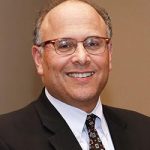
Drizin: In October of 2007, after Brendan had been convicted and sentenced to life in prison, the Wisconsin Innocence Project asked me if I would represent Brendan on appeal. They were having a hard time finding any public defenders who would represent Brendan free of charge or at the $40 an hour rate that they pay contract attorneys in the state of Wisconsin. I wanted Brendan to have the best representation possible, and it didn’t look like he was going to get that in Wisconsin, and so I agreed.
Waxman: About two years ago, I got a call from a friend of mine who was a law professor at Cornell Law School. He said, “I have a question for you that some friends would like to know. They’re representing Brendan Dassey. They wonder if you would help draft a sur/petition for them.” I said, “Who’s Brendan Dassey?” He said, “He’s the juvenile in ‘Making a Murderer,’” and I said, “I don’t want to be dense here, but what is ‘Making a Murderer?’” He told me generally what it was about, and I said, “Send me the briefs and the opinions in the case and the transcripts if you have it if you have it, and I’ll take a look at it,” figuring I’d do it after my argument was over, but I started looking at it, and I spent three hours that afternoon reading. I felt like my blood ran cold. It was such a compelling case. I called him back and said, “Have your friends call me. I’ll do anything I can to help this kid.”
WLJ: Why petition for clemency?
Nirider: We have a situation where the courts failed to deliver the justice that Brendan Dassey so desperately needs. He’s been incarcerated for 13-and-a-half years for the confession that’s universally held up as the classic example of a false confession. We’re looking to Gov. Evers to deliver the justice that the courts weren’t able to deliver by exercising his clemency power.
Drizin: It’s the best option now. He may have other options. Those will take time, and the court system will take years to resolve other options, and quite frankly, the court system has not. We’ve not found justice in the Wisconsin courts, and it’s time to try something new.
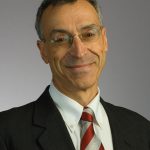
Waxman: When the Supreme Court decided not to review the case, that effectively ended Brendan’s avenues for relief in the courts. I would never say never, but there are not currently any available legal options for him. I couldn’t believe that I couldn’t get relief for Brendan, so I immediately said to Steve and Laura, “We have to seek clemency for him. This kid is innocent.” This is surely among the most compelling cases for executive clemency in this country.
WLJ: Why is this the best legal option for Dassey right now?
Nirider: We have a new governor in office who has spoken about his interest in reviving the pardons power, reviving the commutations power. This is a man who comes from the education system who knows special education system, who very well knows students like Brendan Dassey. We have hope that Gov. Evers, as an educator himself, as someone who understands children, special education accommodations, who cares about justice, will see that the time is right to bring Brendan home.
Drizin: Now is the time to seek an act of grace from the governor. He has come into office with an agenda that speaks about criminal justice reform. He’s called keeping people who no longer need to be in prison a moral issue, and Brendan is the embodiment of that moral issue. He’s also someone from the educational world, so we believe he will understand the disabilities that Brendan brought with him into that interrogation room. We think the time is now and the time is right to bring this issue to him.
WLJ: What do you think is the realistic outcome?
Nirider: We’re asking Gov. Evers to consider both a pardon and a commutation. A pardon would result in his immediate release and would also remove some legal disabilities associated with having a felony conviction on your record. A commutation could be immediate release or a few more years in prison. These are all options the governor has available to him.
Waxman: I can’t imagine a system of clemency in any state or country that wouldn’t look favorably on this petition. If Brendan Dassey doesn’t deserve a pardon or at the very least a commutation, I don’t know who on this planet does.
WLJ: What are your next steps if the petition is denied?
Nirider: I’ll never say never about going back into court for Brendan, but we believe this is his best hope, and it’s the effort that we’re concentrating on right now.
Drizin: The next steps would be to wait a period of time and reapply for clemency. There are other court options that are being explored, options that relate to newly discovered evidence of actual innocence, and other constitutional violations, but we believe this is the best route to pursue now.
WLJ: Have you got any indication of what Gov. Evers will decide?
Nirider: There’s no deadline for the governor to issue a decision on this petition, and we don’t want to rush him. We’d rather take a while to reach the right decision than rush to reach the wrong decision. We are looking forward to collaborating with his office as much as we can. The pardons process as established does provide an opportunity for a hearing. We would love to be able to have a hearing where we can present Brendan’s case and answer questions the Pardons Advisory Board may have.
Drizin: We haven’t heard from his office. We’re looking forward to communication with his office. Anything he needs, any information he wants, we’re more than willing to do that. We’re looking for an opportunity to collaborate with him.
WLJ: Why is Dassey’s case important?
Waxman: This case is hugely important nationally. It is a fact that juveniles in police custody interrogation, not only sometimes but often, confess to things they never did, and that persons with limited intellectual abilities, and in particular persons with low language facilities, will agree to things that are not true. There was no physical evidence linking Brendan Dassey to the crime or the scene, which is in and of itself extraordinary because the most copious forensic examination was done in this case.
Drizin: This is an extraordinary case. It’s a case where you have leading lawyers from around the country wanting to be part of this team to represent Brendan and get him home. You have millions of people around the world who have watched his interrogations. They have dug deep into this case, and they believe a profound injustice took place. And you have four federal judges who were ready to reverse Brendan’s conviction, and that doesn’t happen in very many cases. Governors and courts all over this country are reducing the sentences of youthful offenders.
Legal News
- Wisconsin joins Feds, dozens of states to hold airlines accountable for bad behavior
- Trump ahead of Biden in new Marquette poll
- Bankruptcy court approves Milwaukee Marriott Downtown ‘business as usual’ motion
- New Crime Gun Intelligence Center to launch in Chicago
- Arrest warrant proposed for Minocqua Brewing owner who filed Lawsuit against Town of Minocqua
- Wisconsin Supreme Court justices question how much power Legislature should have
- Reinhart named the 2024 Wisconsin law firm of the year by benchmark litigation
- Milwaukee’s Common Council now has the most African Americans, women and openly LGBTQ members ever
- Office of School Safety Provides Behavioral and Threat Assessment Management Training Ahead of 25th Anniversary of Columbine Shooting
- Wisconsin Supreme Court to hear arguments in Democratic governor’s suit against GOP-led Legislature
- Lawsuit asks Wisconsin Supreme Court to strike down governor’s 400-year veto
- Wisconsin man pleads not guilty to neglect in disappearance of boy
WLJ People
- Power 30 Personal Injury Attorneys – Russell Nicolet
- Power 30 Personal Injury Attorneys – Benjamin Nicolet
- Power 30 Personal Injury Attorneys – Dustin T. Woehl
- Power 30 Personal Injury Attorneys – Katherine Metzger
- Power 30 Personal Injury Attorneys – Joseph Ryan
- Power 30 Personal Injury Attorneys – James M. Ryan
- Power 30 Personal Injury Attorneys – Dana Wachs
- Power 30 Personal Injury Attorneys – Mark L. Thomsen
- Power 30 Personal Injury Attorneys – Matthew Lein
- Power 30 Personal Injury Attorneys – Jeffrey A. Pitman
- Power 30 Personal Injury Attorneys – William Pemberton
- Power 30 Personal Injury Attorneys – Howard S. Sicula






